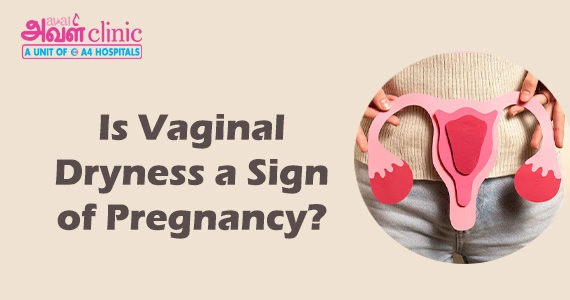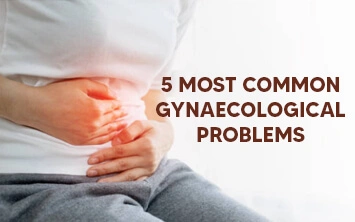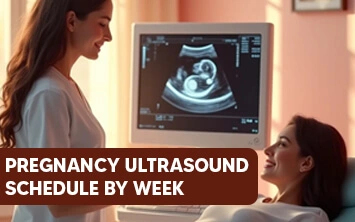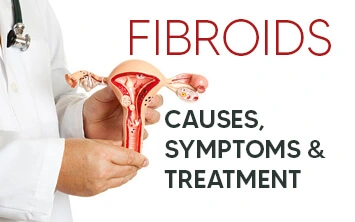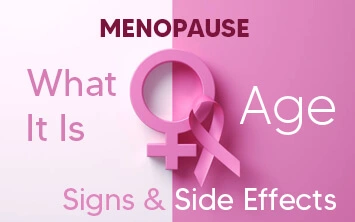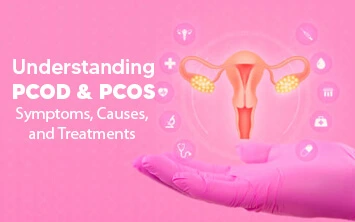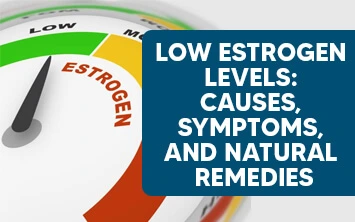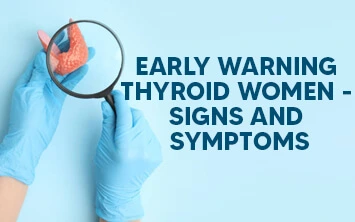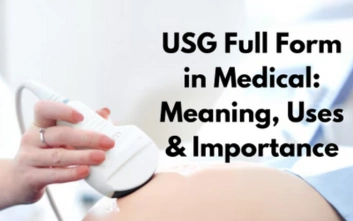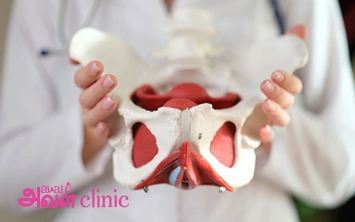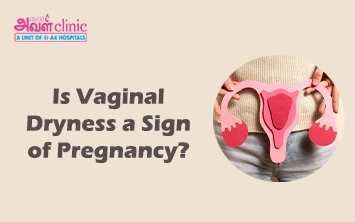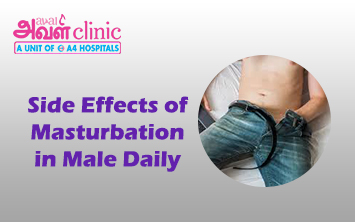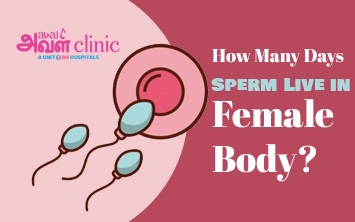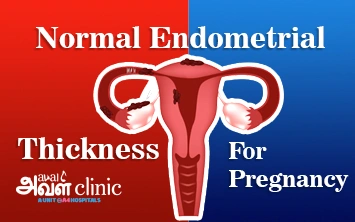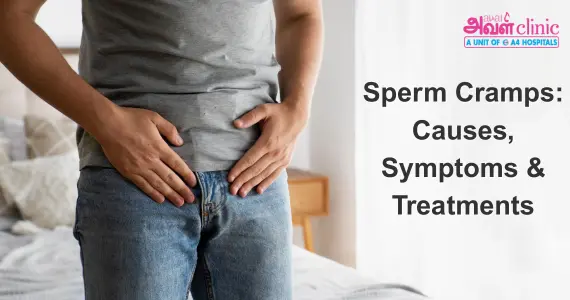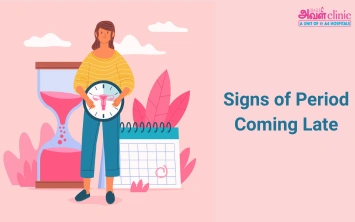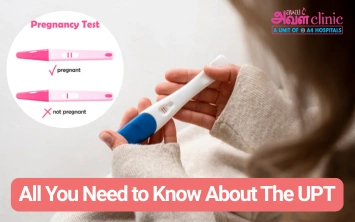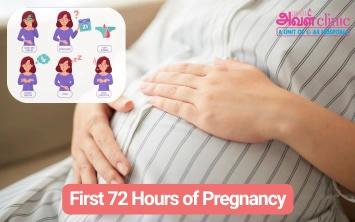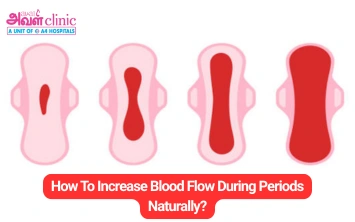Updated on: June 28, 2025
Author: Admin
Vaginal dryness is something a lot of women deal with at some point, and it can spark all sorts of questions about what’s going on with your body. One worry that often pops up is: Is vaginal dryness a sign of pregnancy or a period? It’s a tricky symptom because it can be linked to the hormonal changes that happen with both your menstrual cycle and pregnancy.
In this detailed guide, we’ll explore what causes vaginal dryness, how it connects to your menstrual cycle or pregnancy, and practical ways to ease discomfort. Our goal is to provide clear, trustworthy information to help you understand your body and feel confident addressing this issue. Let’s get started.
What Is Vaginal Dryness?
Vaginal dryness is when your vagina feels too dry, which can make things uncomfortable, itchy, or even painful, especially during sex. Usually, your body keeps the vagina moist and healthy with natural lubrication, but sometimes hormones, lifestyle, or health issues mess with that balance, leaving things feeling parched.
A lot of people think dryness only happens during menopause, but it can show up at any age. Since pregnancy and periods both involve hormonal rollercoasters, it’s natural to wonder if dryness might mean you’re pregnant or just dealing with your cycle. Let’s dive into how these connect in a simple way.
- Periods and Dryness: Right before or during your period, estrogen levels dip, which can make your vagina feel less lubricated. This is pretty common and usually sorts itself out as your cycle moves on.
- Pregnancy and Dryness: Early pregnancy can also mess with hormones, sometimes causing dryness for some women, though others might notice more moisture instead. It’s not a reliable sign of pregnancy on its own, since it varies so much.
- Other Causes: Stress, not drinking enough water, certain meds (like antihistamines or birth control), or even things like soaps or douches can dry things out, no matter where you are in your cycle or if you’re pregnant.
If you’re wondering whether dryness means you’re pregnant, it’s not a clear clue by itself - other signs like a missed period, nausea, or fatigue are stronger hints. A pregnancy test is the best way to know for sure. If dryness is bugging you a lot, feels painful, or sticks around, chatting with a doctor can help figure out what’s up and get you some relief, like moisturizers or hormone-free lubes.
Noticing a Vaginal Dryness?
Call Now: 80047 80048Can Vaginal Dryness Indicate Pregnancy?
Pregnancy triggers major hormonal changes as your body prepares to nurture a growing baby. Estrogen and progesterone levels soar, which often increases vaginal moisture for many women. However, some women notice dryness, especially in the early stages of pregnancy, which can feel unexpected.
Why Might Dryness Happen in Early Pregnancy?
- Hormone Adjustments: During the first trimester, estrogen levels are still stabilizing. For some women, these early fluctuations can temporarily reduce vaginal lubrication, causing dryness.
- Increased Blood Flow: Pregnancy boosts blood flow to the pelvic region, which can sometimes lead to a sensation of dryness or irritation as tissues adapt.
- Dehydration: Morning sickness, vomiting, or changes in eating habits can lead to dehydration, which may reduce moisture in the vaginal area.
- Stress or Exhaustion: The emotional and physical toll of early pregnancy can affect the body’s ability to maintain normal lubrication levels.
Is Dryness a Sign of Pregnancy?
By itself, vaginal dryness isn’t a strong indicator of pregnancy. It’s more likely to appear alongside other signs, like a missed period, nausea, sore breasts, tiredness, or needing to urinate often. If you think you might be pregnant, a home pregnancy test or a visit to your doctor is the best way to confirm.
Does Vaginal Dryness Point to Your Period?
Vaginal dryness is more commonly linked to the menstrual cycle, especially in the days leading up to your period. The menstrual cycle involves ups and downs in estrogen and progesterone, which directly impact vaginal moisture.
Why Does Dryness Occur Before or During Your Period?
- Lower Estrogen Levels: After ovulation, during the luteal phase (the second half of your cycle), estrogen levels drop if pregnancy doesn’t happen. This decrease can reduce vaginal lubrication, leading to dryness before or during your period.
- Progesterone’s Role: Progesterone levels rise in the luteal phase, which can sometimes suppress moisture production in the vagina.
- PMS Effects: Premenstrual syndrome symptoms, like bloating, mood changes, or stress, can indirectly contribute to dryness by affecting hydration or hormonal balance.
- Menstrual Products: Tampons or pads, especially on lighter flow days, can absorb natural vaginal moisture, making the area feel drier.
Is Dryness a Typical Premenstrual Symptom?
Yes, for some women, vaginal dryness is a common experience before their period, though it’s less talked about than cramps or mood swings. If you notice dryness regularly in the days leading up to menstruation, it’s likely tied to your cycle’s hormonal shifts.
Pregnancy vs. Period: How Does Vaginal Dryness Compare?
To make things clearer, here’s a side-by-side look at how vaginal dryness relates to pregnancy and periods:
| Aspect | Pregnancy | Period |
|---|---|---|
| Hormonal Trigger | Early shifts in estrogen/progesterone | Estrogen drop in luteal phase |
| When It Happens | First trimester, occasionally | Before or during menstruation |
| Other Signs | Missed period, nausea, breast soreness | Cramps, bloating, irritability |
| How Common? | Less frequent, varies by person | More frequent, especially premenstrual |
Dryness is more consistently tied to the premenstrual phase due to predictable estrogen declines. In pregnancy, it’s less common and often short-lived.
Other Reasons for Vaginal Dryness
Vaginal dryness isn’t always about pregnancy or periods. Other factors can play a role, and considering these helps ensure you’re addressing the right cause:
- Medications: Some drugs, like antihistamines, antidepressants, or birth control pills, can reduce vaginal moisture as a side effect.
- Stress or Anxiety: High stress can throw off hormonal balance, contributing to dryness.
- Not Drinking Enough Water: Dehydration from low water intake can affect vaginal tissues, just like it impacts the rest of your body.
- Health Conditions: Issues like Sjögren’s syndrome, thyroid problems, or autoimmune disorders can cause widespread dryness, including in the vagina.
- Lifestyle Choices: Smoking, too much caffeine, or alcohol can lead to dehydration and worsen dryness.
- Infections or Irritation: Yeast infections, bacterial imbalances, or reactions to soaps and detergents can cause dryness or discomfort.
If dryness lasts a long time or comes with unusual symptoms like odor, strange discharge, or intense irritation, see a doctor to check for infections or other issues.
How to Relieve Vaginal Dryness
Whether your dryness is tied to your cycle, possible pregnancy, or another cause, there are practical steps to ease discomfort and restore moisture:
- Drink Plenty of Water: Staying hydrated supports your body’s natural moisture levels, including in the vaginal area. Aim for 8–10 glasses of water daily, especially during pregnancy or before your period.
- Try a Water-Based Lubricant: Over-the-counter water-based lubricants can offer quick relief for discomfort, especially during intimacy. Choose products free of glycerin or parabens if you’re sensitive to irritation.
- Skip Irritating Products: Avoid scented soaps, douches, or harsh laundry detergents that can upset vaginal pH and worsen dryness. Opt for gentle, fragrance-free options instead.
- Use Vaginal Moisturizers: Vaginal moisturizers, applied regularly, help maintain hydration over time. Look for products made for vaginal use, and check with your doctor if you’re pregnant.
- Keep an Eye on Hormonal Changes: If you suspect hormonal imbalances – such as irregular periods or severe PMS – talk to your doctor. They may suggest tests or treatments to address the root cause.
- Manage Stress: Stress can amplify hormonal issues. Practices like yoga, deep breathing, or meditation can help your body stay balanced.
- See a Doctor When Needed: If dryness doesn’t improve with simple measures or comes with pain or other symptoms, a healthcare provider can help. They may explore options like low-dose estrogen therapy (if not pregnant) or other treatments.
When to Seek Medical Advice
Occasional vaginal dryness is usually no cause for alarm, but you should see a doctor if you notice:
- Ongoing dryness that doesn’t get better with hydration or lubricants
- Pain during intimacy
- Unusual discharge, odor, or itching
- Irregular periods or signs of pregnancy
- Symptoms of infection, like burning or swelling
A healthcare provider can run tests to pinpoint the cause and suggest solutions tailored to your needs.
Summary
Vaginal dryness can raise questions like, Is dryness a sign of a period or pregnancy? While it’s more often linked to the hormonal changes before your period, it can occasionally occur in early pregnancy due to shifting hormones or dehydration.
By paying attention to your body’s patterns and other symptoms, you can better understand what’s happening. Staying hydrated, using lubricants or moisturizers, and seeking medical advice when needed can help you manage dryness and stay comfortable.
If you still have any concerns, having a consultation with experts at Aval Clinics is recommended. They can guide you.
Contact us today for expert advice and personalized care:

